I know – caffeine is life! Who doesn’t need a cuppa coffee, right?

You’d think that caffeine should never make anyone feel tired. When you sit down with your daily cup of coffee, you anticipate the caffeine kicking in fairly fast – but occasionally, you experience more of a crash than a surge. So why does coffee make you drowsy when it’s a beverage known for its capacity to wake you up? There might be more to the story – and we’re here to tell you all about it.
You’re taking too much caffeine
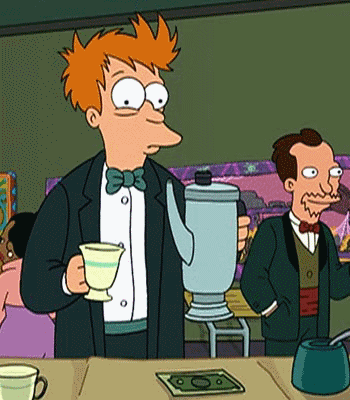
How many pots of tea or cups of coffee do you drink each day? More than three? That could be the cause of your fatigue; there’s a lot of caffeine in there! Caffeine can increase bathroom visits if you consume three cups or more each day. This can lead to dehydration, which eventually makes you feel lightheaded and sleepy.
Sugar is the real culprit
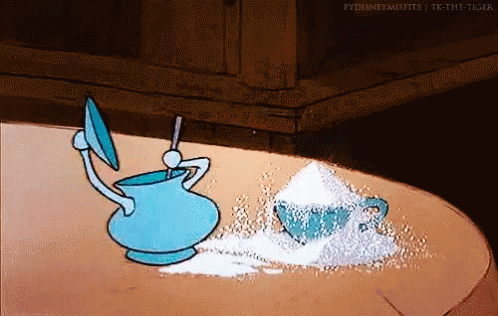
Although it may appear that caffeine is making you drowsy, you could instead be experiencing a sugar crash. There are two categories of people: those who add a little sugar to their coffee and those who take coffee with loads of sugar. If you belong to the latter category, the ingredients you’re using in your morning coffee may be the reason you feel weary after drinking it. If you over-sweeten your coffee, you may have a sugar crash, which leads to a drowsy and exhausted feeling when the sugar crash wears off. This also holds true for extremely sweet creamers and energy drinks that contain a long list of additional ingredients.
Caffeine tolerance

Caffeine, like drugs, is a substance that causes the body to become immune to it. You could develop a tolerance to caffeine over time if you routinely drink coffee or another caffeinated beverage. Caffeine will have less of an impact on your heart rate, blood pressure, and most significantly, your energy levels, the more accustomed you become to it. In other words, if you drink a lot of coffee, it won’t keep you awake the same way it did before. Here’s another interesting thing. When you frequently drink a lot of caffeine each day, it regularly blocks the adenosine receptors, which enables the brain to simply produce more adenosine receptors as a response. Consequently, over time, your typical cup of coffee might not be much of a pick-me-up solution.
Drinking at the wrong time of day

There’s no specific time to enjoy a caffeinated beverage. You have them in the morning, afternoon, evening, night and sometimes, late night. But for most people, they love taking coffee on an empty stomach early in the morning. This may raise cortisol levels. Since they’re already high in the morning, this may impact how your body manages energy and alertness. In other words: It can disrupt your sleep pattern and leave you feeling drowsy when you should be energized. A simple solution is to try delaying that first cup until after breakfast, somewhere between 9:30am and noon, instead.
Caffeine is a diuretic
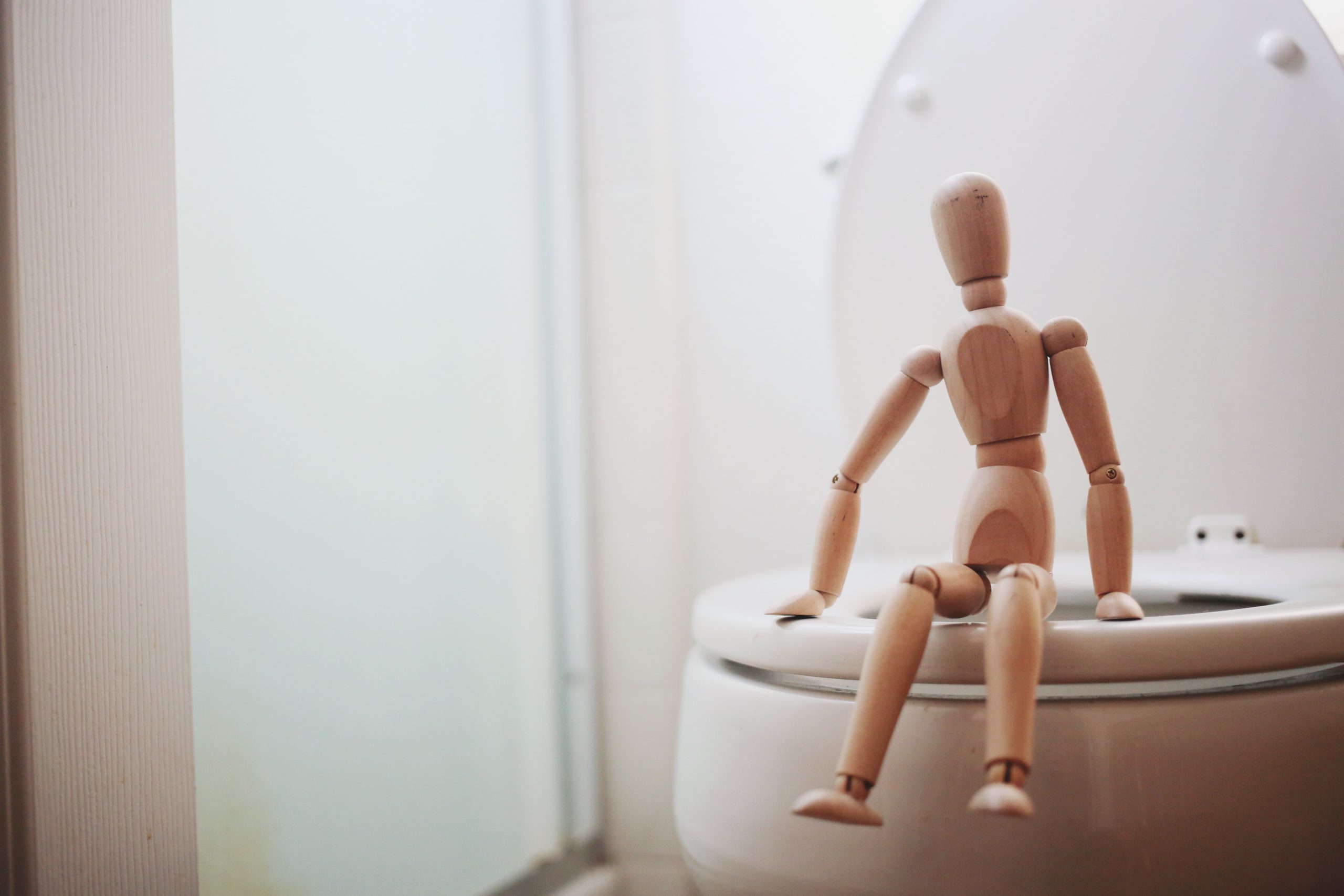
Have you ever noticed that drinking caffeine makes you use the restroom more frequently? That’s probably because caffeine has the potential to be a diuretic, aiding in the removal of salt and water from the body. Tea and coffee contain caffeine, which has a diuretic effect that makes people urinate more frequently and dehydrates them. Dehydration, caffeine withdrawal, and adenosine accumulation can all contribute to exhaustion. Without adequate hydration, drinking coffee can have negative consequences on your body, including exhaustion, wooziness, thirst, and dry lips and skin.
Experiencing caffeine withdrawal
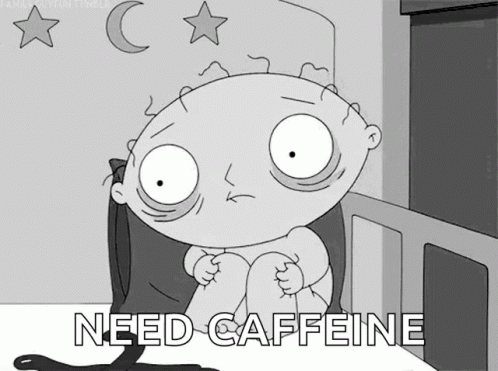
Caffeine can cause dependence in some people if they consume enough of it over a prolonged period of time. When that occurs and a person attempts to abruptly stop consuming caffeine, some might go through the “cold turkey” process, where they experience a number of symptoms, including headaches, exhaustion, and depression. In this situation, you may be feeling tired because there isn’t any caffeine present. If you wish to quit caffeine, try a gradual approach to prevent withdrawal symptoms. Reduce your consumption by 1/4 cup every two to three days, or switch to green tea for less caffeine. Reduce your caffeine intake till you’re completely off it.
It’s probably mold
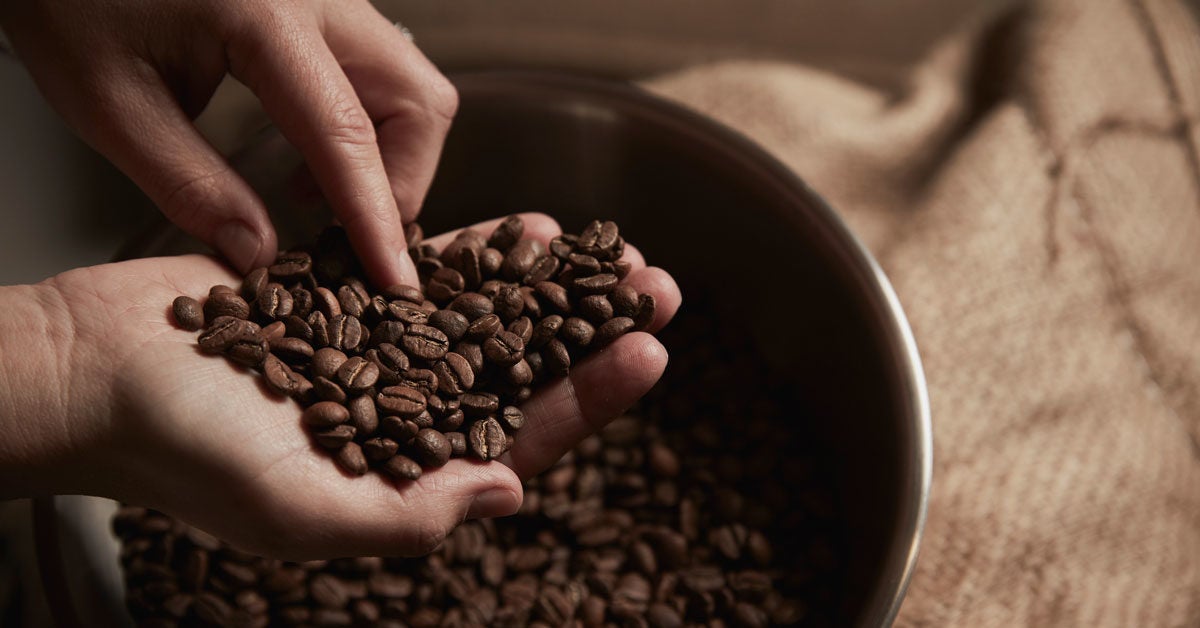
First of all, EWWW!
Beyond just being nasty, having mold in your coffee could be the source of the contamination that’s keeping you awake. This is due to the discovery that some coffee beans contain mycotoxins, a class of mold that has been associated with persistent weariness. Unfortunately, the consequences of mold in your coffee might go far beyond mere weariness. Try to diversify your coffee consumption to avoid this mold by switching coffee shops or purchasing several kinds. Additionally, watch out for coffee beans that are shriveled or discoloured.
More on caffeine? Read these:
Coffee vs. Naps: Which Is The Better Option When You’re Exhausted
To Caf-fiends: Here’s A Reminder For You To Undergo A Caffeine Detox










